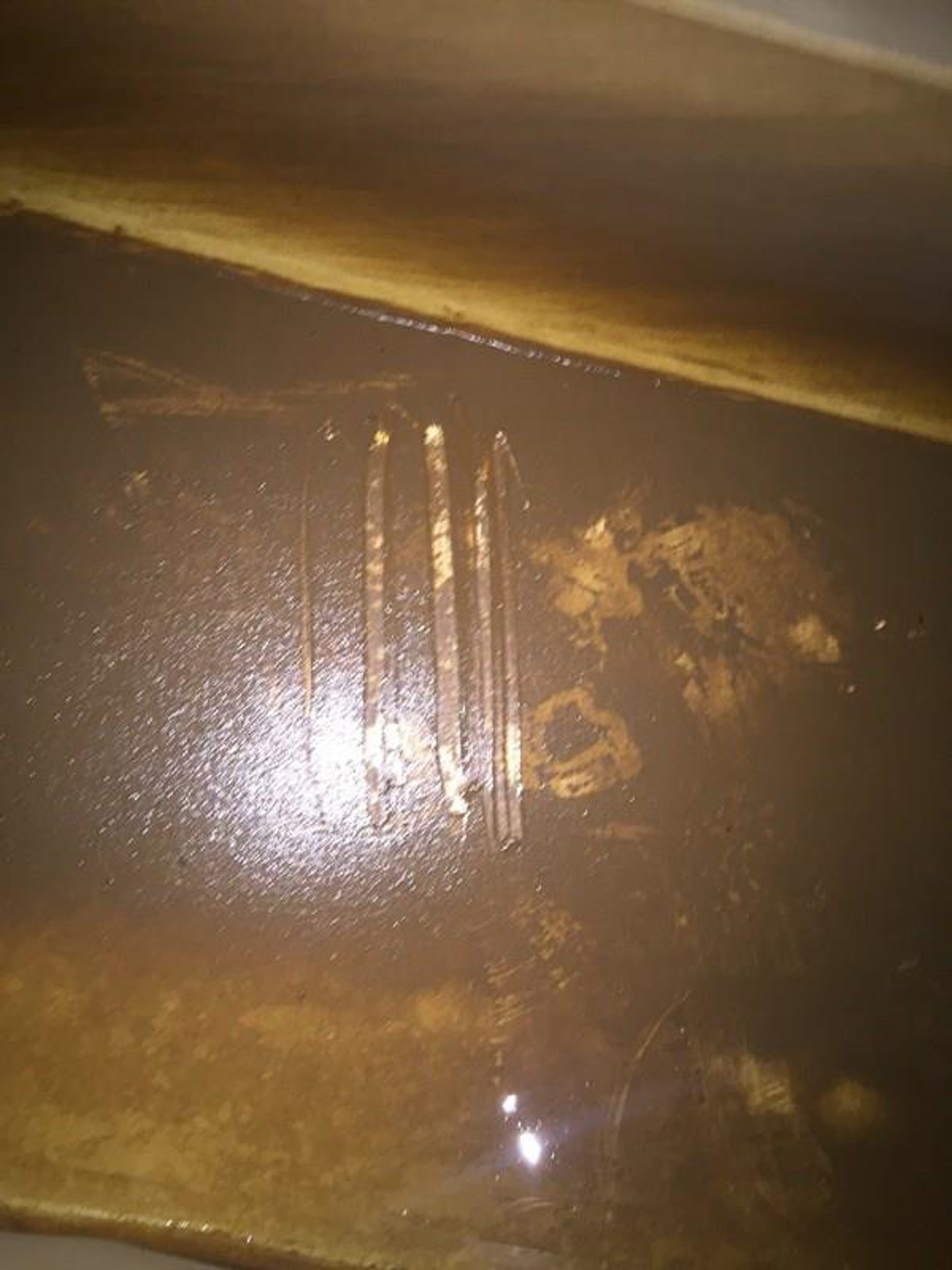Two cases of contaminated drinking water
- Safety Flash
- Published on 15 December 2017
- Generated on 4 February 2026
- IMCA SF 31/17
- 2 minute read
Jump to:
Members report two cases of contaminated drinking water
What happened?
In the first incident, fresh water analysis carried out by a 3rd party indicated an increase in total viable count (TVC ) of bacteria in the fresh water system of some vessels. Inspection of vessels’ fresh water tanks revealed that they were dirty and had not been cleaned or maintained for a long time.
In the second incident, a drinking water quality check was conducted in accordance with the office health assurance plan. Upon sending the water dispenser to a laboratory for an annual “water quality assurance test”, the test results showed a high level of bacteria in the water. The water purchasing process from the current supplier was stopped immediately.
Thorough cleaning of the water pumps and dispensers was arranged, and a new supplier of drinking water was approved.

mud in fresh water tank
What went wrong? What were the causes?
- There was a recurring failure to inspect and maintain vessel fresh water tanks.
- There was no regular or appropriate cleaning of water dispensers & hand pumps. The office water dispensers and water pumps have not been cleaned for a long time. This could have resulted in the contamination of the water and subsequent potential health problems for staff.
Actions
- Vessel fresh water tanks should be regularly inspected and cleaned.
- Drinking water bottles should not be re-used.
- Proper and scheduled cleaning of fresh water dispensing equipment should be arranged.
Related Safety Flashes
-
IMCA SF 01/02
1 January 2002
IMCA Safety Flashes summarise key safety matters and incidents, allowing lessons to be more easily learnt for the benefit of the entire offshore industry.
The effectiveness of the IMCA Safety Flash system depends on the industry sharing information and so avoiding repeat incidents. Incidents are classified according to IOGP's Life Saving Rules.
All information is anonymised or sanitised, as appropriate, and warnings for graphic content included where possible.
IMCA makes every effort to ensure both the accuracy and reliability of the information shared, but is not be liable for any guidance and/or recommendation and/or statement herein contained.
The information contained in this document does not fulfil or replace any individual's or Member's legal, regulatory or other duties or obligations in respect of their operations. Individuals and Members remain solely responsible for the safe, lawful and proper conduct of their operations.
Share your safety incidents with IMCA online. Sign-up to receive Safety Flashes straight to your email.